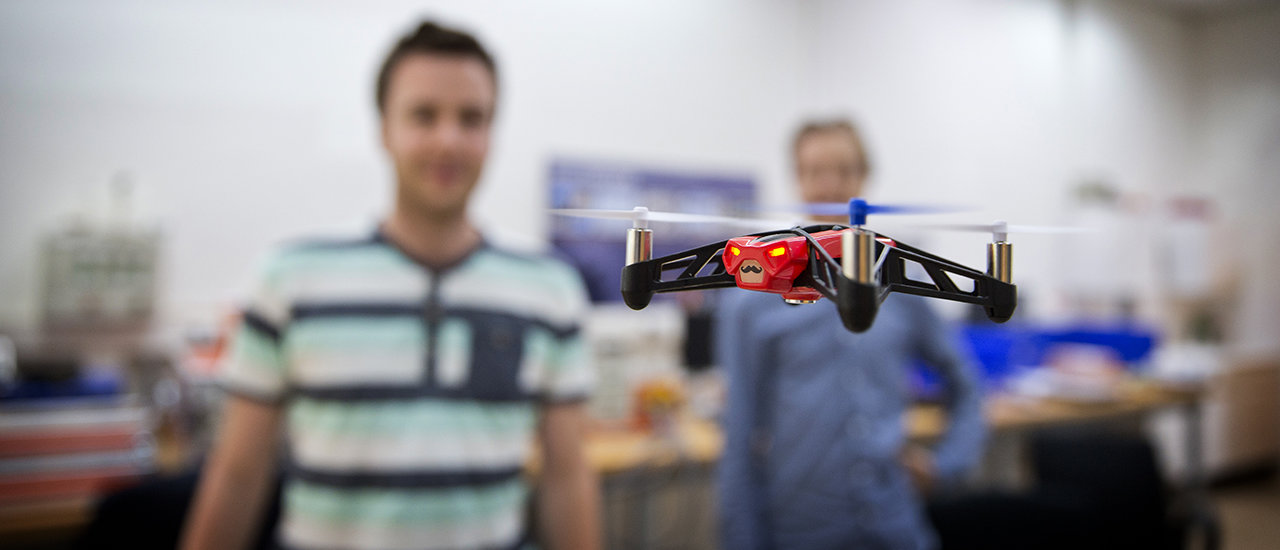11 January 2024
How living materials from algae can best capture carbon
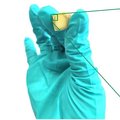
Scientists from TU Delft have found how confined microalgal cells grow optimally in photosynthetic engineered living materials. With the use of light energy, the microalgae convert CO2 from the air into sugars, energy and oxygen for their survival. Such algae-based living materials could be used in a range of applications, from functional objects for CO2 capture, to oxygen sources for biological tissues. The team, led by Marie-Eve Aubin-Tam and Kunal Masania, present their new insights in Advanced Materials.
10 January 2024
New Study Reveals Breakthrough in Electric Aviation Potential

At the global aviation conference AIAA SciTech Forum, Aerospace startup Elysian, in collaboration with Delft University of Technology, today announced new research findings that demonstrate viability for battery-electric air travel on a larger scale than previously thought possible.
09 January 2024
AIAA honours René van Paassen with De Florez Award for Flight Simulation
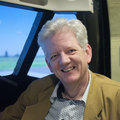
The American Institute of Aeronautics and Astronautics (AIAA) has announced that Associate Professor Control & Simulation René van Paassen is the winner of the 2024 AIAA de Florez Award for Flight Simulation. The award is a recognition of an outstanding individual achievement in the application of flight simulation to aerospace training, research, and development.
07 December 2023
Emeritus Professor and former Dean Prof.Dr. Jan van Ingen passed away
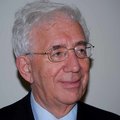
On Wednesday 6 December 2023, Emeritus Professor and former Dean of the faculty Prof.Dr. Jan van Ingen passed away at the age of 91. In 1952, Van Ingen was appointed as a student assistant at the then new low-speed tunnel. He considered setting up the research work in this tunnel to be his most important pioneering work.
07 December 2023
NWO Open Technology Programme funding for Rudolf Saathof
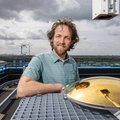
Rudolf Saathof has been awarded funding from NWO under the Open Technology Programme for his research proposal DAILSCOM, which aims to create a geographical map describing the quality of laser-satellite communication channels.
30 November 2023
From powder to product: new TU Delft lab covers entire 3D printing process
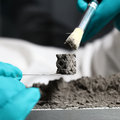
Advances in aerospace and energy transition require materials that meet ever-increasing demands. Such as extreme environments, high pressures or temperatures. In TU Delft's Materials for Additive Manufacturing lab, researchers can now explore new materials and process them into products and components for extreme conditions. This unique lab was opened on 30 November.
30 November 2023
Researchers call for Dutch leading role in global methane monitoring
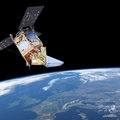
At COP28 in Dubai, countries want to reach new agreements to reduce emissions. This requires the identification of emission sources. The Netherlands has extensive experience with satellites that monitor methane emissions. Researchers from SRON, KNMI, TNO and TU Delft see huge methane plumes over landfills and fossil fuel extraction with their current space instrument TROPOMI.
28 November 2023
BlueSky community celebrates 10th anniversary with symposium and workshop
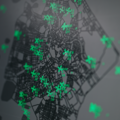
To mark the 10th anniversary of the BlueSky community, Jacco Hoekstra, Professor of Communication, Navigation and Air Traffic Management, and Assistant Professor Joost Ellerbroek organised a workshop in Wassenaar on 8 and 9 November. In ten years, the network has grown from a local initiative to a global 'Wikipedia of air traffic simulations'.
23 November 2023
Irene Dedoussi co-author in Science paper: "Mortality risk from United States coal electricity generation"

Associate Professor of the Atmospheric Impacts of Aviation, Irene Dedoussi, is co-author of a paper published in Science on 23 November 2023. In the paper researchers from among others George Mason University in Virginia, the Harvard T.H. Chan School of Public Health, the University of Texas at Austin and TU Delft describe the link between emissions of coal fired power plants in the US, the pollution they result in in the atmosphere and the effects on public health.
14 November 2023
The Delft Satellite Delfi-C3 Has Come to Its End
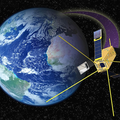
Last night, probably between 21:00 and 22:00 CET, the nanosatellite Delfi-C3 reached the end of its life at the age of 15. The Delfi-C3, the first satellite built by students, burned up in the atmosphere. In 2006, the small satellite was built by scientists from TU Delft, along with a group of about 60 students. It was launched from India in 2008. Since then, it has orbited the Earth more than 85,000 times, traveling approximately 3.7 billion kilometers.
